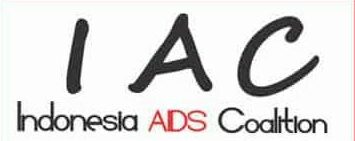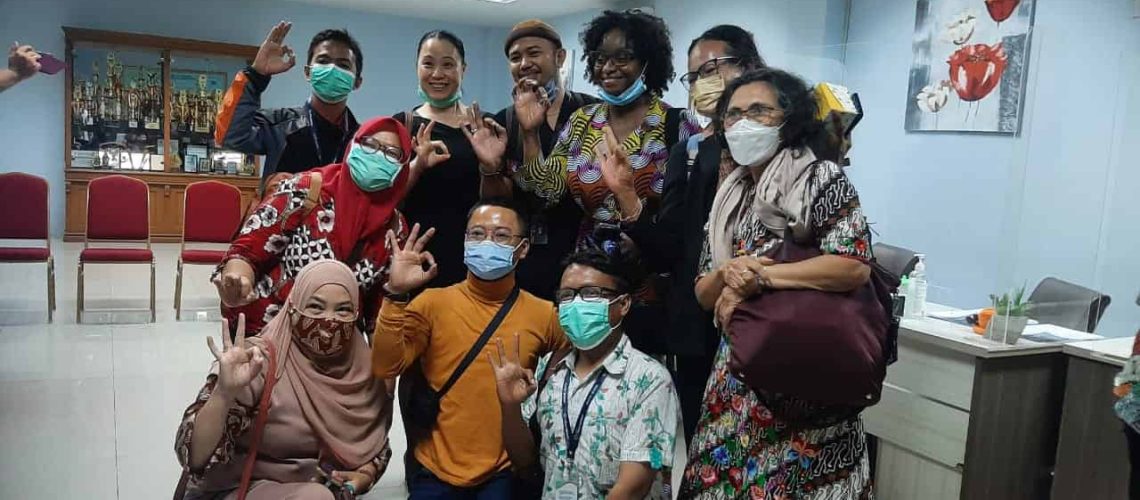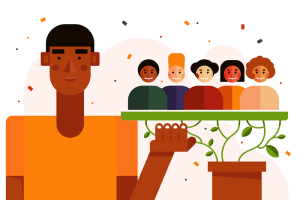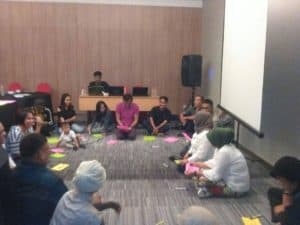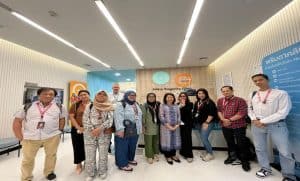It has been eleven years since the Community Health Center (Puskesmas/PKM) of Koja District has been consistent with key population communities to carry out HIV prevention work in North Jakarta. Starting in 2011, PKM Koja strives to be able to implement the HIV countermeasures directive given by the Ministry of Health. At that time, some employees had several acquaintances who turned out to be a key population. Then they approached them so that they could take the HIV test at PKM Koja.
Not stopping there, PKM Koja service officers also try to develop existing talents from key population friends, such as dancing, singing, writing, and so on. By participating in various festivals and activities together, such as dancing at the Islamic Center, performing singing under the name Key populations in Bandung, and even to the point of writing a book. As a result, various awards have been obtained by PKM Koja together with community friends. Two of them are awards as “Community Friendly Health Services” from the Indonesia AIDS Coalition (IAC) Community Award festival.
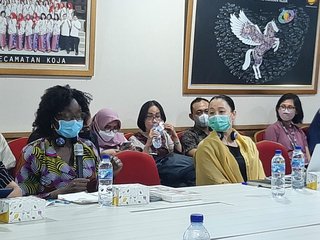 From the achievements, PKM Koja service officers then learned a lot related to the importance of providing friendly services for everyone who visits the health center, especially to the community friends. Until finally they work together to overcome HIV without stigma and discrimination.
From the achievements, PKM Koja service officers then learned a lot related to the importance of providing friendly services for everyone who visits the health center, especially to the community friends. Until finally they work together to overcome HIV without stigma and discrimination.
In the work of HIV control itself, PKM Koja tries to provide the best service. Since the Covid 19 spread in Indonesia in early 2020, PKM Koja has taken the initiative to provide VCT services in the form of “pick up the ball”. Starting from taking samples to administering ARV drugs, it is done online through an applicationcalled ‘Jetrek’. In this application, community friends can easily do testing, and schedule a visit with health services, to do ARV treatment.
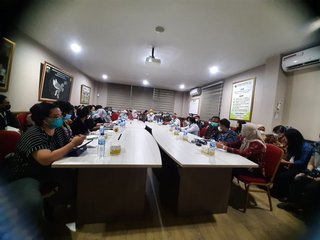
For community friends who have experienced ‘lost to follow-up’, the PKM Koja service with friends and field officers have a follow-up plan, such as 1) motivating them to make or bringing their data so that PKM Koja can assist them in making BPJS, 2) improve coordination with key populations and their leaders so that they can access HIV services, 3) improve coordination with Non-Governmental Organizations (NGOs) for ARV assistance services 4) Motivate them to come to PKM Koja to get ARV services, and 5) collaboration with NGOs to make ID Cards.
As a result, it is noted that the graph of adherence to ARV consumption in PKM Koja shows an increase from around thirty people who were lost to follow-up in January 2020 to a decline in April 2022 to below the number of twenty people.
The next strategy that PKM Koja wants to develop so that the graph continues to rise is to create a database or application that can track the whereabouts of key populations who are experiencing loss to follow-up. Of course, by prioritizing the confidentiality of the identity of the friends of the key population.
